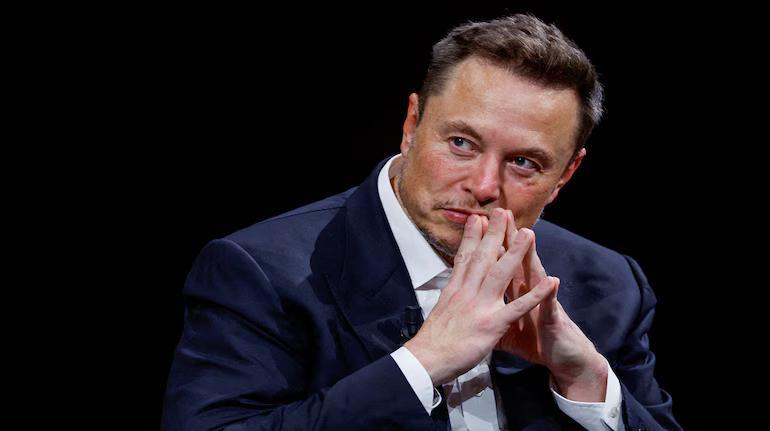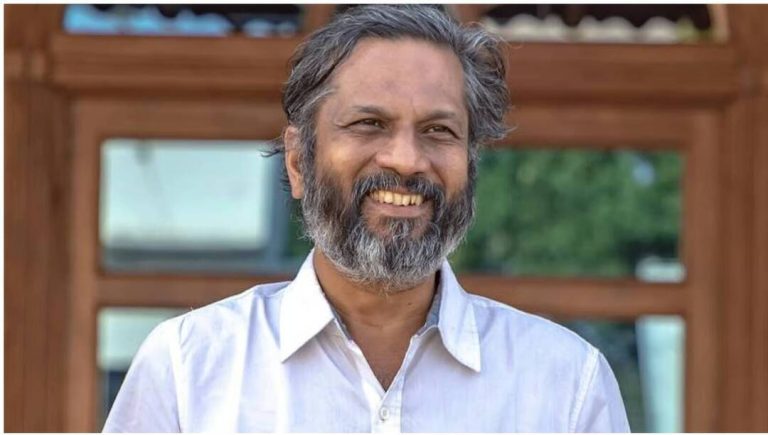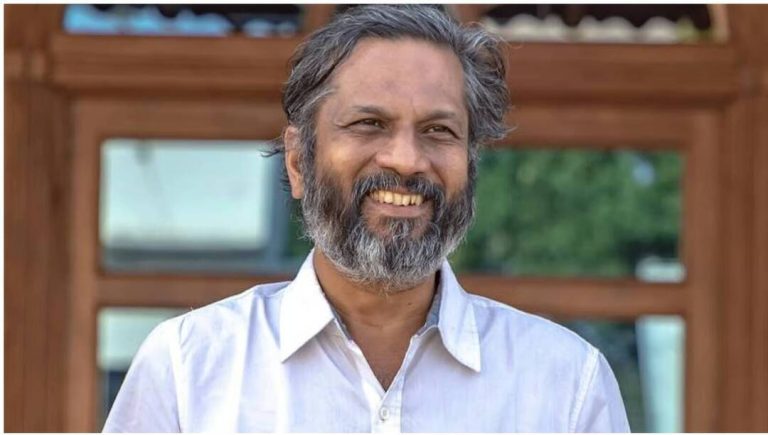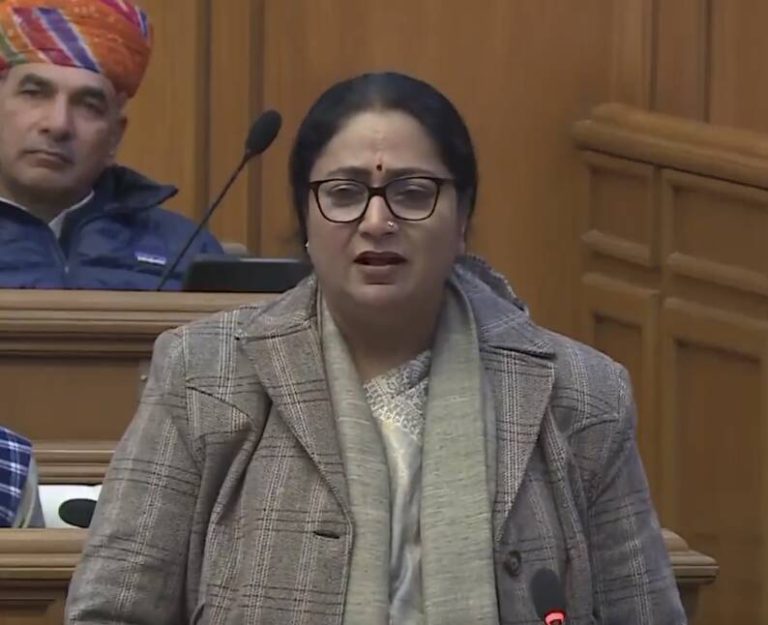
Poverty an engineering issue, AI & humanoid robots will end it: Musk
The world has been grappling with the issue of poverty for centuries, with various approaches being taken to address this complex problem. However, according to billionaire and xAI CEO Elon Musk, poverty is not a social or economic issue, but rather an engineering problem. Speaking at the US-Saudi Investment Forum, Musk opined that artificial intelligence (AI) and humanoid robots will be the key to eliminating poverty, and that these technologies will ultimately make everyone wealthy.
Musk’s statement may seem bold, but it is rooted in his vision of a future where technology has advanced to the point where all basic needs are met. He believes that as AI and robotics continue to advance, they will be able to produce goods and services at a rate that is faster and more efficient than human labor. This, in turn, will lead to an abundance of resources, making it possible for everyone to have their basic needs met.
The idea that poverty is an engineering problem is not new. In fact, it is a concept that has been explored by economists and technologists for decades. The basic premise is that poverty is not caused by a lack of resources, but rather by the inefficient distribution of resources. By using technology to optimize resource allocation, it is possible to provide everyone with access to the resources they need to live a dignified life.
Musk’s vision of a future where AI and humanoid robots have eliminated poverty is one where money is no longer the primary driver of human activity. With the abundance of resources provided by these technologies, people will be free to pursue their passions and interests without the burden of a 9-to-5 job. This, in turn, will lead to a more creative, innovative, and fulfilling society.
One of the key technologies that Musk believes will drive this revolution is humanoid robots. These robots, which are designed to mimic the appearance and capabilities of humans, will be able to perform a wide range of tasks, from manufacturing and construction to healthcare and education. By automating these tasks, humanoid robots will be able to free humans from the drudgery of manual labor, allowing them to focus on more creative and high-value pursuits.
Another key technology that Musk believes will play a critical role in eliminating poverty is artificial intelligence. AI has the potential to optimize complex systems, such as supply chains and financial networks, making them more efficient and effective. This, in turn, will lead to a reduction in waste and an increase in productivity, making it possible to provide more resources to those who need them.
While Musk’s vision of a future where AI and humanoid robots have eliminated poverty is compelling, it is not without its challenges. One of the biggest challenges will be ensuring that the benefits of these technologies are shared equitably among all members of society. If the benefits of AI and robotics are concentrated in the hands of a few individuals or corporations, it could exacerbate existing social and economic inequalities.
Another challenge will be addressing the ethical implications of a society where humans are no longer the primary drivers of economic activity. As AI and humanoid robots take on more roles, there will be a need to redefine what it means to be human and to find new purpose and meaning in life. This will require a fundamental shift in our values and our social and economic systems.
In conclusion, Elon Musk’s statement that poverty is an engineering problem and that AI and humanoid robots will eliminate it is a bold and compelling vision of the future. While there are challenges to be addressed, the potential benefits of these technologies are enormous. By harnessing the power of AI and robotics, we can create a world where everyone has access to the resources they need to live a dignified and fulfilling life. As Musk said, “AI and robotics are the only way to make everyone wealthy.” It’s a future that is worth striving for, and one that could have a profound impact on the course of human history.





